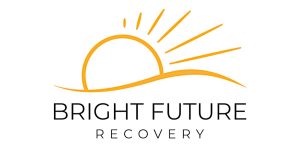Yes, performing a drug and alcohol intervention before entering detox and subsequent treatment for addiction is the best way to start off a successful recovery. Bright Future Recovery offers our addiction and intervention services in Northern California for all clients, because we believe that intervention is an integral part of the early recovery phase.
Intervention helps to set the needs for addiction recovery right from the beginning, and because detox is often needed within hours of the intervention, offering these two services together makes for a seamless transition into the first stage of treatment for drug and alcohol addiction.
What is an Intervention?
An intervention is an act of confronting a person with the intent of addressing behavioral problems in that person’s life. Behavioral problems can stem from physical or mental health conditions including substance abuse, addiction, eating disorders, psychological issues, or any combination of these issues.
In cases where an individual is not willing or able to effectively address these issues himself/herself, family and friends closest to the individual gather together in a non-threatening way to offer help and options for reversing those behaviors. Because the behaviors are usually affected by substance abuse and psychological issues, interventions will present options for detox, substance abuse treatment, ongoing counseling, and other therapy solutions.
The Benefits of Drug and Alcohol Interventions
Drug and Alcohol Interventions Initiate Change
The biggest benefit of drug and alcohol interventions is that interventions have the power to initiate change.
Human beings can get stressed or frustrated, when presented with a tough decision in their life, and can find themselves in a situation where they know the solution, but can’t take steps toward that solution. With drug and alcohol abuse and addiction, many individuals recognize (to some degree) that there are problems in their life, and substance abuse is likely playing a part in – or causing – the problems. They just can’t bring themselves to begin any change.
Drug and Alcohol Interventions Can Help to Overcome Addiction Denial
Denial is one of the main factors that prevent individuals from seeking drug and alcohol treatment. Denial can come from both the addict, who may be unable to recognize the seriousness of their problem, and denial can come from family members, spouses, or friends of the individual – whose denial can act as a form of enabling.
How Family Members, Spouses, and Friends of Addicts can Enable Drug and Alcohol Addiction
If you are not moving forward, you are falling behind. If you are not helping a loved one or friend to address their substance abuse issues, refusing to acknowledge the issues, or justifying the reasons for the issues, you are helping them to continue with their self-destructive behaviors. Examples of enabling behaviors in drug and alcohol addiction may include the following situations:
- Example 1: Parents allow their son, who is an alcoholic, to live with them rent-free. He has no job and simply drinks from the moment he wakes up in the afternoon, until passing out early the next morning. Because the alcoholic son has a living situation that allows him to continue his chronic alcohol abuse, without repercussions, he has no accountability for his behaviors and no motivation to change.
- Example 2: A boyfriend and girlfriend have been living together for over a year. Both have used heavy amounts of alcohol for years, but now – with both in their early thirties – the drinking is less of a celebration. Both need alcohol after they get home every night from work to “take the edge off,” and to deal with their stress. Both see the warning signs of a growing dependence to alcohol, but only the boyfriend actively considers quitting. Worried that her boyfriend’s urge to quit drinking may force her to cut down or quit drinking, the girlfriend begins to cause chaos in the relationship, pushing alcohol as a solution to the problems. This prolongs the alcohol abuse in both parties and prevents both from seeking help for alcohol addiction.
- Example 3: Two friends are addicted to opioids. Both started by abusing prescription painkillers, and their addiction developed into a heroin addiction. The two work together to afford their nearly $200 per day heroin budget. Friend 1 suffers an overdose, but recovers, and wants to go to rehab. Friend #2, worried about protecting his own access to drugs, tries to discourage the other friend from seeking treatment.
The above are very general examples, but very real examples as well. In all of the examples, there is a form of enabling that is occurring, and allowing the behaviors and the chemical dependence to continue or worsen.
Drug and Alcohol Interventions Can Help to Overcome Enabling Behaviors
Drug and Alcohol Interventions are the best way to overcome enabling behaviors. In cases where an enabler must be cut out of the addict’s life, family and friends gather to intervene and show that it is the best decision to move forward and enter treatment – without worrying about what the enabler thinks.
In cases where the family member is the enabler – like our example of the parents who let their son live with them and without accountability – the interventionist intervenes in the behaviors of both the addict and the enabler(s). This is important because cutting the family members out of the recovery process is not a viable option.
During and after treatment, the addict will have to continue a relationship with the enabler parents, so it is important that the parents know their role in the recovery process, and know what changes they will have to make. The enabling parents or family members will need to make these changes if the recovering addict is to get sober and stay sober.
Drug and Alcohol Interventions before Drug and Alcohol Detox
Medically supervised detox is the first and most important step in early addiction treatment and recovery. Drug and alcohol detox needs to be done in the first weeks of an addict quitting the substance they are addicted to. Detox helps to prevent and decrease the intensity of the most serious and dangerous symptoms of drug and alcohol withdrawal; without detox, the risks of complications or death from drug and alcohol detox are very high.
Drug and alcohol interventions before entering detox are 100% essential, if the addict is not ready to agree to detox and addiction treatment. However, they are also essential even if the addict is ready and willing to enter an addiction treatment program. In these cases, the intervention works as an initial pre-treatment planning session, where all aspects of the upcoming treatment and recovery process are discussed. This helps to get everybody on the same page, and aware of what to expect throughout the following recovery efforts.
Substance abuse and addiction interventions are always recommended before detox and can help to make a person’s recovery from drug and alcohol addiction go more smoothly and be successful.
Drug and Alcohol Intervention Services and Detox in California
Bright Future Recovery stands by the addiction intervention and detox model of early intervention and recovery from addiction. It is a common sense model that helps to set up a treatment plan and offers families a form of case management throughout the full continuum of addiction recovery. Bright Future Recovery works closely with families throughout the recovery process, and our case management will help to address any changes in recovery including the need for ongoing treatment, aftercare, emergency counseling and intervention, and relapse prevention.
Learn More About Bright Future Recovery’s Unique, Family-Focused Approach to Successful Addiction Recovery:
Our Addiction Detox and Case Management Services







